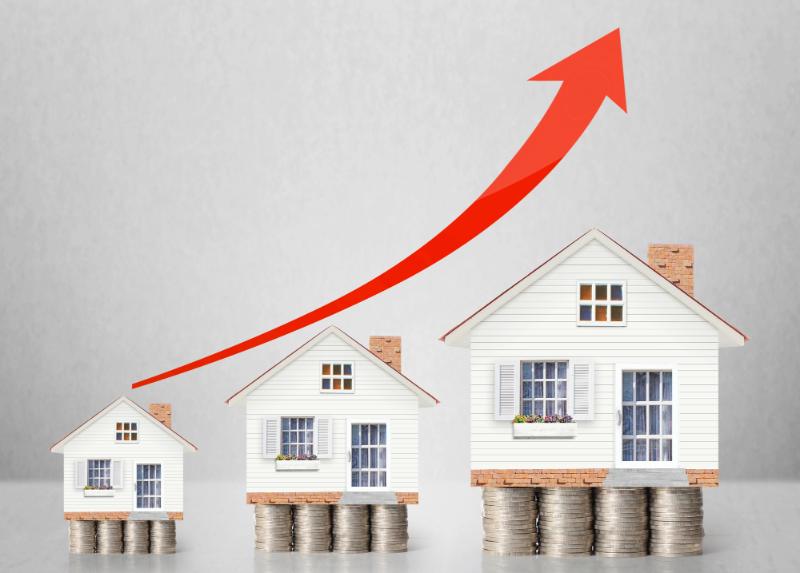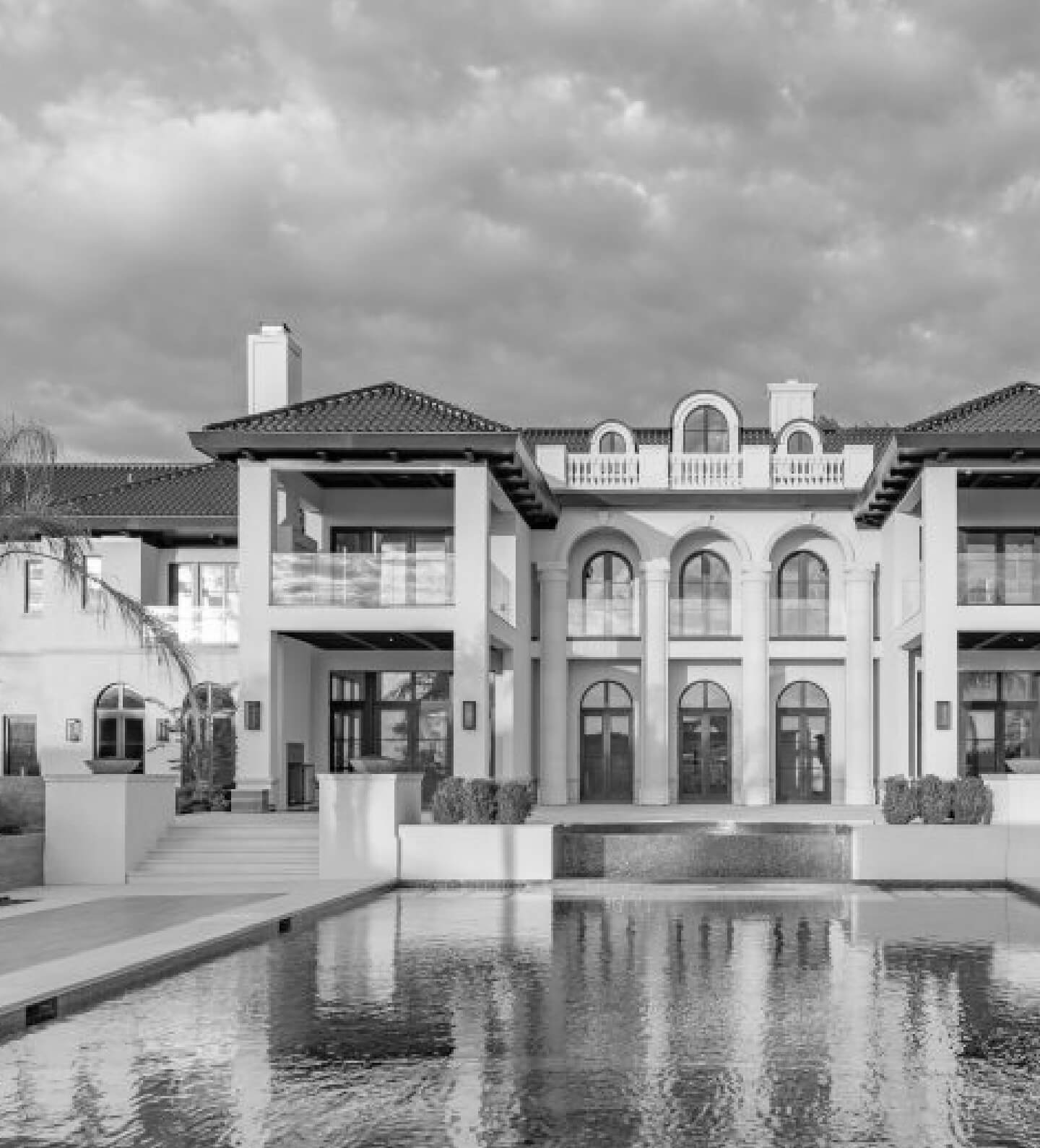Home values typically rise over time. The average home value increase per year is a key figure that helps buyers, sellers, and investors understand the housing market. This increase, however, is not always steady. It can vary greatly depending on location, economic factors, and property-specific improvements.
Factors That Influence the Average Home Value Increase
Home appreciation is driven by many factors. The economy plays a big role. When jobs grow, wages rise, and people have more disposable income, demand for housing increases. More demand usually leads to higher prices. Interest rates also affect property values. When interest rates are low, home loans become cheaper, leading to more buyers and pushing home values up.
Location is another powerful factor. A home in a well-regarded school district or a neighborhood with good amenities tends to appreciate faster. Areas undergoing infrastructure development, like new highways or shopping centers, often see a boost in home values as well.
How the Average Home Value Increase Affects Buyers and Sellers
For homebuyers, the average home value increase per year can help decide when to buy. If a location shows steady growth, it may be worth investing in a property for sale there. Buyers can expect their homes to grow in value, building equity over time. On the flip side, sellers in these areas may see higher returns when they sell.
Sellers need to understand the market trend in their area. If homes are appreciating rapidly, they may price their home higher. However, they also need to be realistic about the competition. If the market is slow, pricing the home correctly is crucial to attracting buyers.
Home Improvements and Their Impact on Value
Upgrading your home can also affect its appreciation rate. Renovations like a new kitchen or updated bathrooms can increase the value of a home. Even smaller changes like fresh paint or improved curb appeal can help boost the asking price. Buyers are often willing to pay more for a well-maintained property that is move-in ready.
Energy-efficient upgrades, such as new windows or solar panels, can also increase home value. These improvements are not only good for the environment but also for your wallet, reducing energy bills and attracting buyers who value sustainability.
What to Expect for Home Appreciation
While home values generally increase over time, it is essential to consider the specifics of your local market. The average home value increase per year can vary. Some regions experience steady growth, while others may see flat or even negative growth. Understanding the factors driving appreciation in your area is key to making sound real estate decisions.
Maximizing Your Home’s Value
The best way to maximize your home’s value is through regular maintenance and strategic improvements. Focus on keeping your property in good shape, upgrading key areas, and enhancing curb appeal. If you are looking to sell, it may also help to monitor the market trends and choose the right time to list your home.
NJLux excels in guiding clients through the nuances of the luxury real estate market. Whether you are looking to buy a property, are keen on a featured property, or list a home for sale, we can help you make informed decisions for a successful real estate experience.
Let us assist you in navigating your journey toward property investment.




